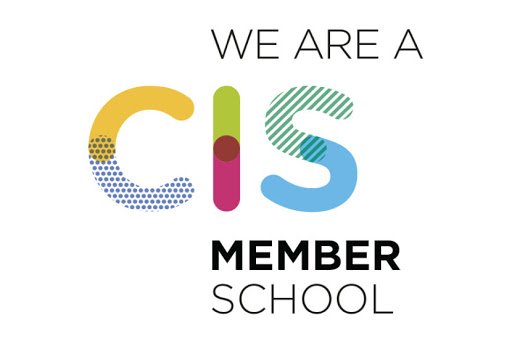TERM 1 REVIEW 2019-20
EXPLORING FASCINATIONS THROUGH EPQ

On 14th November, nine Shrewsbury Year 13 students took to the Recital Hall stage to present a succinct summary of, and take questions on, their Extended Project Qualification (EPQ) dissertations. The programme, which was introduced at Shrewsbury last year, gives students the chance to research and present on a topic that is of deep personal interest, and which this year included subjects ranging from shock therapy to stateless people, and Victoria’s Secret to designer babies. Having started the research process last academic year, the presentations represented the penultimate stage of the assessment, with the submission of the 5000+ word dissertation to follow.
The EPQ is a course offered to students when they are in Year 12, and which tests their problem-solving skills, critical thinking, evaluation and presentation. Nine students decided to take up the challenge and presented the content of their dissertations to family, staff, students and examiners.
The EPQ represents an excellent learning opportunity that can help to support a student’s aspirations for further education and career development. Many top universities, including Cambridge, Oxford and leading Russell Group universities have gone on record to acknowledge the effort and value in undertaking the EPQ. Indeed, many of the skills learnt and applied through the preparation of the projects are replicated in university learning environments, and why the completion of the EPQ can provide valuable supporting evidence in university applications.
Director of Examinations and coordinator of the EPQ, Mr Christopher Langridge, is adamant that the EPQ will become a more and more popular subject. This is primarily due to the learning potential it gives to curious students to ask the most important question of all….why?
“Students can independently choose any area of interest they like. From there, they plan the project, research, present to an audience and ultimately, build a portfolio showing evidence of each stage in the project. It is a very demanding but rewarding process”.
Students should expected to encounter a series of challenges during the EPQ process, and in their self evaluations, be able to demonstrate how they overcame them. All of this is part of the learning process and can even count towards the students’ final grade. As Doaia (Derya) Lokitiyakul noted:
“The EPQ is meant to take around 150 hours, and we have 120 hours of student-led time as opposed to 30 hours of teacher contact time. This means you really need to manage your time well and not put off anything as it can become an issue.” She noted.
Each student is also assigned to a member of the academic staff who acts as their course supervisor and helps to point them in the right direction. The students’ supervisor is always on hand to push the students along when things are getting tight.
Mr Langridge says those students who took the leap of faith to try out the new course have blazed a trail for next years’ candidates.
“There were no expectations as to how this course would be received and handled in when we started in Term 3, last academic year. That said, after seeing the presentations and working closely with the students, I wouldn’t at all be surprised to see several A* and A’s from this cohort. Shrewsbury students are well-equipped to deal with a course like this.”
Next year Shrewsbury will open up a new unit for the EPQ, ‘Artefact’ which is based on the creation of an object, whether it be a painting, sculpture or design technology piece. Again, the journey from conception to completion is what is crucial, and the learning process is what will be assessed.
“I am looking forward to see what our students create” Mr Langridge expressed.










